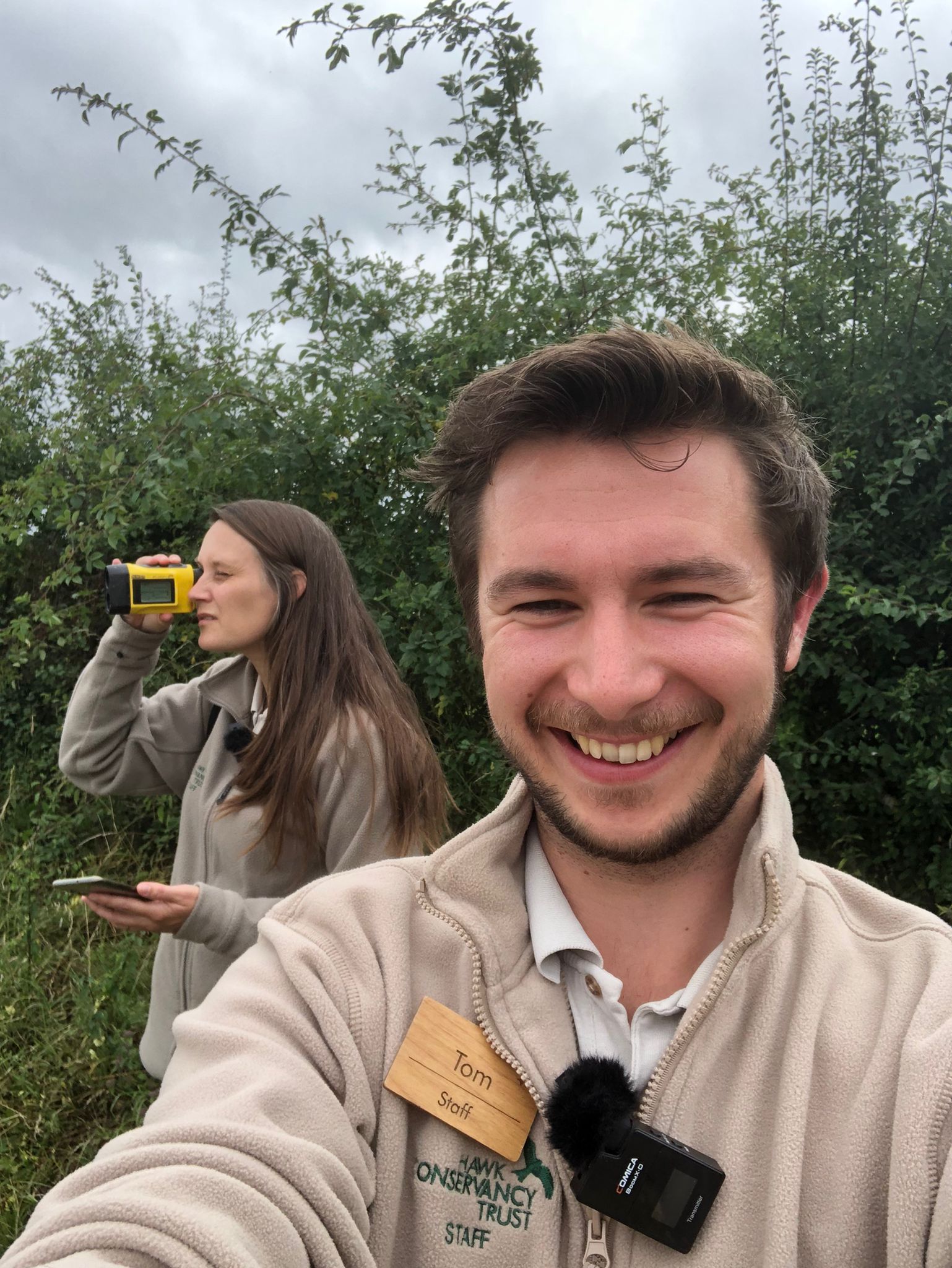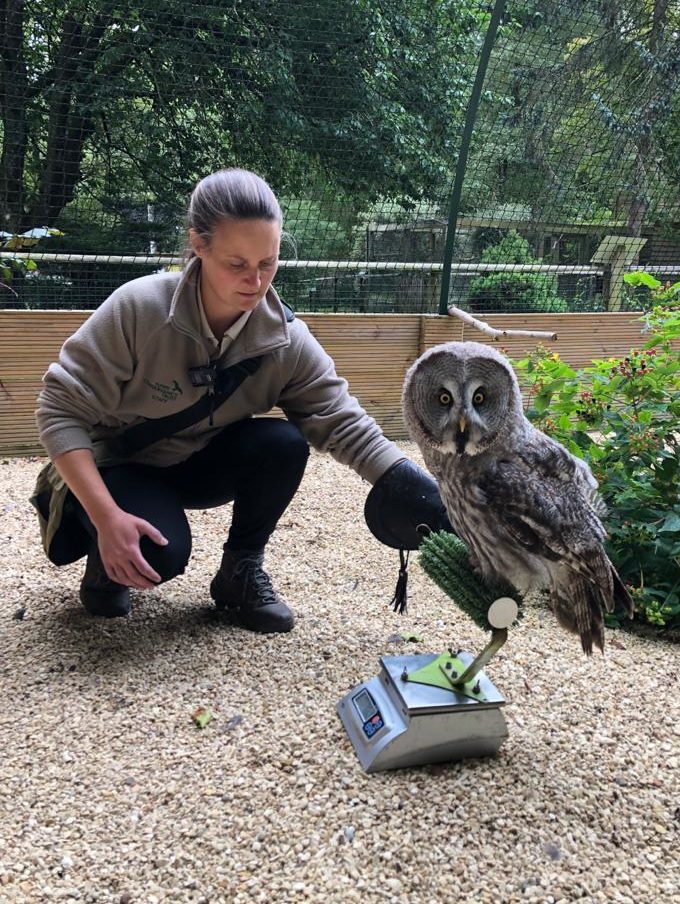
Hosted by our very own Tom Morath (Bird Team) and Hannah Shaw (Conservation and Research Team), Nature’s a Hoot is our monthly wildlife podcast that we’ve been airing now for a whole year. How time flies when you’re having fun!
We started this podcast in 2020 in a bid to raise awareness about the ever-changing natural world and the birds of prey which inhabit it, in an entertaining and light-hearted manner, along with sharing updates about how Hannah and Tom have been connecting with wildlife.
Overall, in the past year, we’ve had a blast both recording episodes and hearing your lovely feedback about the podcast. We’re hugely appreciative to have been able to chat with so many inspiring guests within the world of wildlife and conservation, and we have to say a massive thank you to everyone who has subscribed to the podcast, tuning in to listen to us chatting about topics that we hold so dearly to our hearts.
Here, we’ve looked back on the challenging yet exciting journey of the first year of producing our podcast, Nature’s a Hoot.
We couldn’t have done any of it without the generosity in time of our wonderful guests and we’d like to share our greatest thanks to them, it was a ball chatting to each of you!
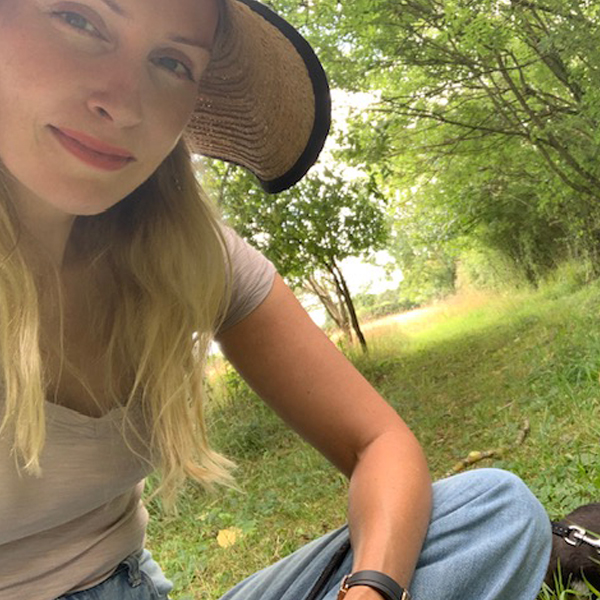
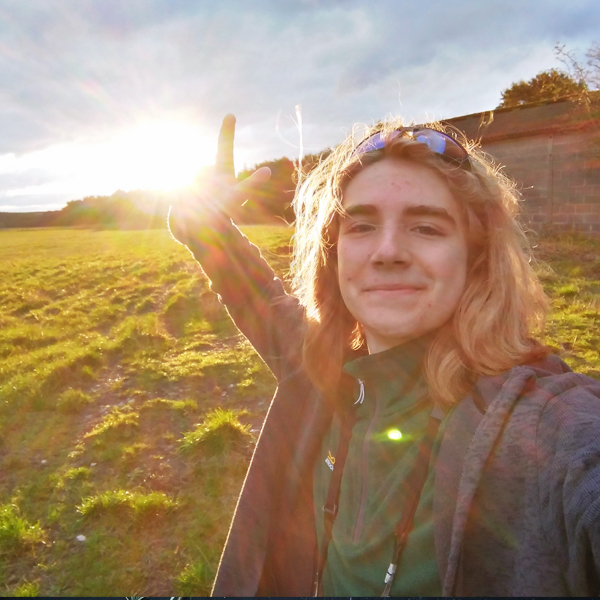
Episode 14 – Job Swap – The latest episode of Nature’s a Hoot features a day in the life of both Hannah and Tom’s regular working day at the Trust, but with a twist! Instead of Tom taking us through his day, Hannah actually did his job instead, and vice-versa. Listen to how both of them got on, you may be surprised at the results!
Episode 13 – Raptor Senses – The most recent special guest that appeared on the podcast was Dr Simon Potier, who sparked an intriguing conversation with Tom about his ongoing work with birds of prey and his findings, as well as sea birds’ astonishing olfaction (smell) senses and how a Harris Hawks’ vision is actually quite similar to ours!
For series two, we introduced this recurring duel between Hannah and Tom, involving a back-and-forth debate on which species of their choice is best suited for a chosen category. Listeners carefully choose the winner via an online poll and the victor is revealed in the following month’s episode.
The results were as follows:
1st Challenge – Weirdest Animal Adaptation – Hannah: Wood Frog, Tom: Yellow-billed Hornbill
Winner: Tom
2nd Challenge – Best Animal Parent – Hannah: Giant Pacific Octopus, Tom: Orangutan
Winner: Tom
3rd Challenge – Bravest Animal – Hannah: Blue Sheep, Tom: Cleaner Wrasse Fish
Winner: Hannah
4th Challenge – Most Beautiful Insect – Hannah: Picasso Bug, Tom: Elephant Hawk Moth
Winner: Tom
5th Challenge – Most Impressive Plant – Hannah: Baobab Tree, Tom: Giant Water Lily
Winner: Hannah
6th Challenge – Best Animal Teamwork – Hannah: African Wild Dog, Tom: Leaf-cutter Ant
Winner: Hannah
With three-a-piece, the decider was down to who listeners thought best completed the other person’s job, Tom or Hannah. We can exclusively reveal that the winner was in fact… Hannah!
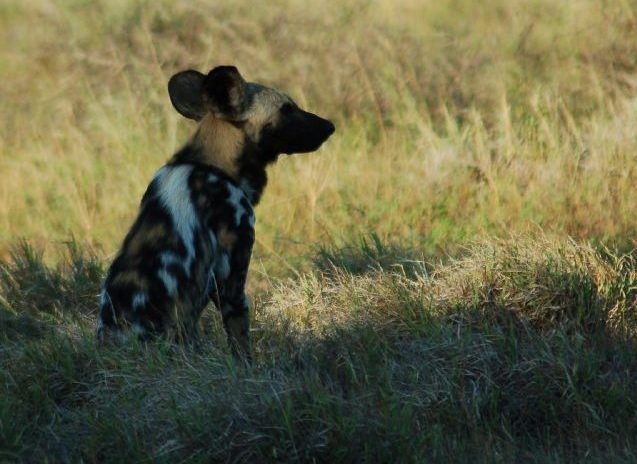
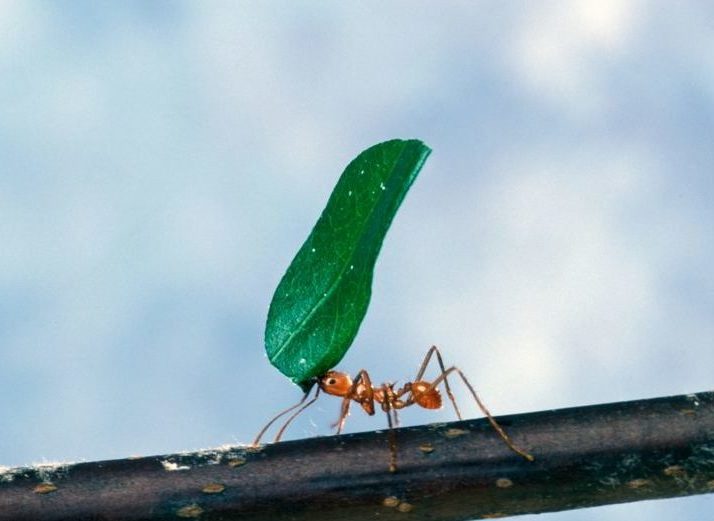
Over the course of the series, there were many accomplishments and moments to remember, from speaking to the brilliant special guests, to ‘Nature’s a Hoot: Live’ where Hannah and Tom presented a live broadcast. During the broadcast, they aired our mini documentary that featured Tom’s day spent in the field with our UK Conservation Biologist, Dr Matt Stevens, learning more about his work.
Speaking with Tom, he mentions one of his highs of the year was simply getting a podcast up and running! Tom also enjoyed getting to know Hannah a bit more, working hard together to develop the podcast. Alongside these, Tom recalls a great memory at the start of 2021 when listeners got involved with the special season finale episode. Tom said, “It’s always a pleasure and brings us great pride when our listeners, and particularly younger generations, get involved with our work, helping spread awareness for causes that we hold dear.”
One of Hannah’s key highlights of the year was speaking to all the podcast’s incredible guests, being able to chat to such interesting and knowledgeable people about wildlife. Discussing environmental psychology with Dr Kayleigh Wyles and learning how watching our wonderful birds can improve your mood was fascinating also!
Hannah shared, “I especially enjoyed hearing from some of the upcoming voices in the conservation world, like Sophie Pavelle, Lucy Lapwing and Megan McCubbin. It was brilliant to talk about how important the way we communicate about wildlife is in drawing in the younger generations.”
On the flip side however, when researching and conversing with one another, both Hannah and Tom struggled with the upsetting realisation of the biodiversity crisis and the huge impact of climate change on our planet, leading to a shared feeling of ‘eco-dread’. Sadly, there seems to be a lot of negative conservation information being shared, and learning the devastating truths of the global effects we as humans have made on the natural world can be tricky to deal with at times. However, we certainly don’t let this get us down or slow us in our grand ambitions to shine a spotlight on the vital and fascinating world of wildlife, and nature conservation!
